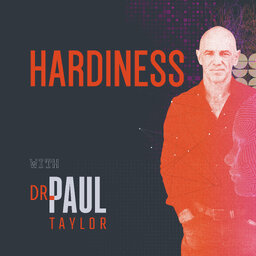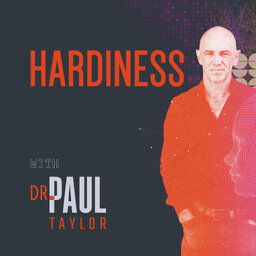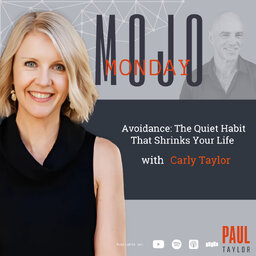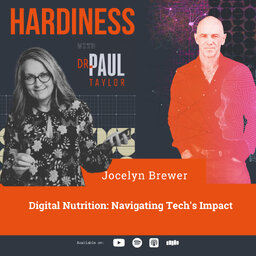How To Contain Your Brain and Worry Less, With Clinical Psychologist Dr Lillian Nejad
The voice in your head - is it always helpful, or do you struggle with it. If the answer is the latter, or the case for someone close to you, this podcast is for you.
In this episode I chat with clinical psychologist Dr Lillian Nejad about the state of mental health today and we explore a range of reasons why it's so bad, especially for teenagers.
We then go on to focus on the critical role of attention in mental health and explore a range of lifestyle factors that both inhibit and promote good mental health and discuss a genius strategy for containing worry and anxiety.
Check out Dr Nejad's website for her her courses, free stuff, corporate offering and her brilliant app.
 Hardiness with Dr Paul Taylor
Hardiness with Dr Paul Taylor


